Alicia Foundation

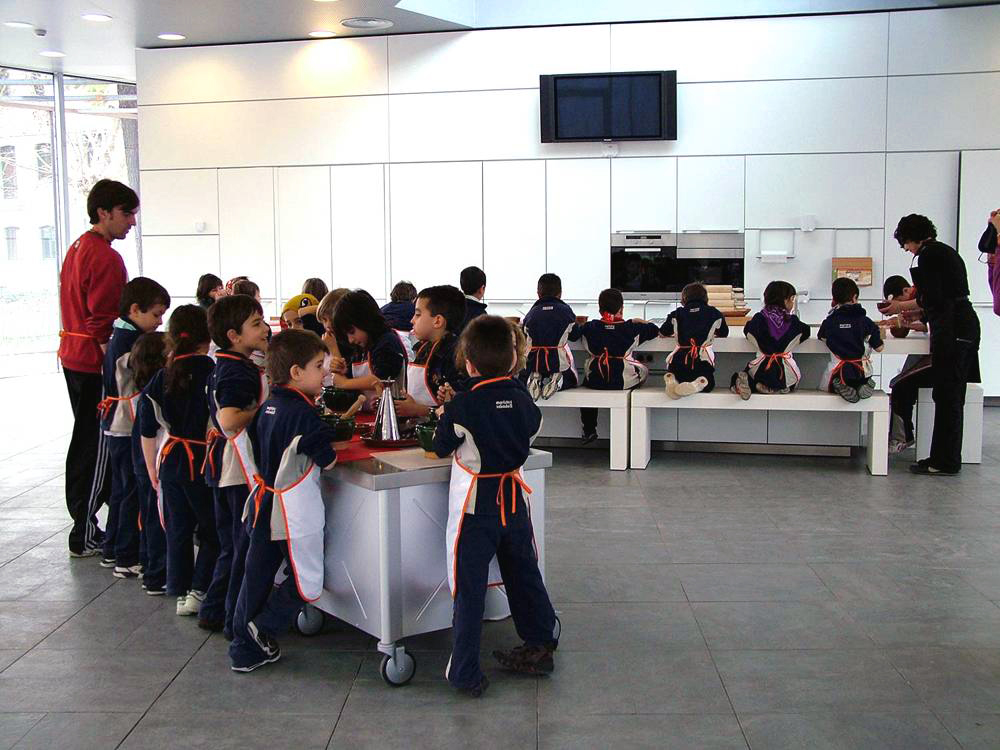
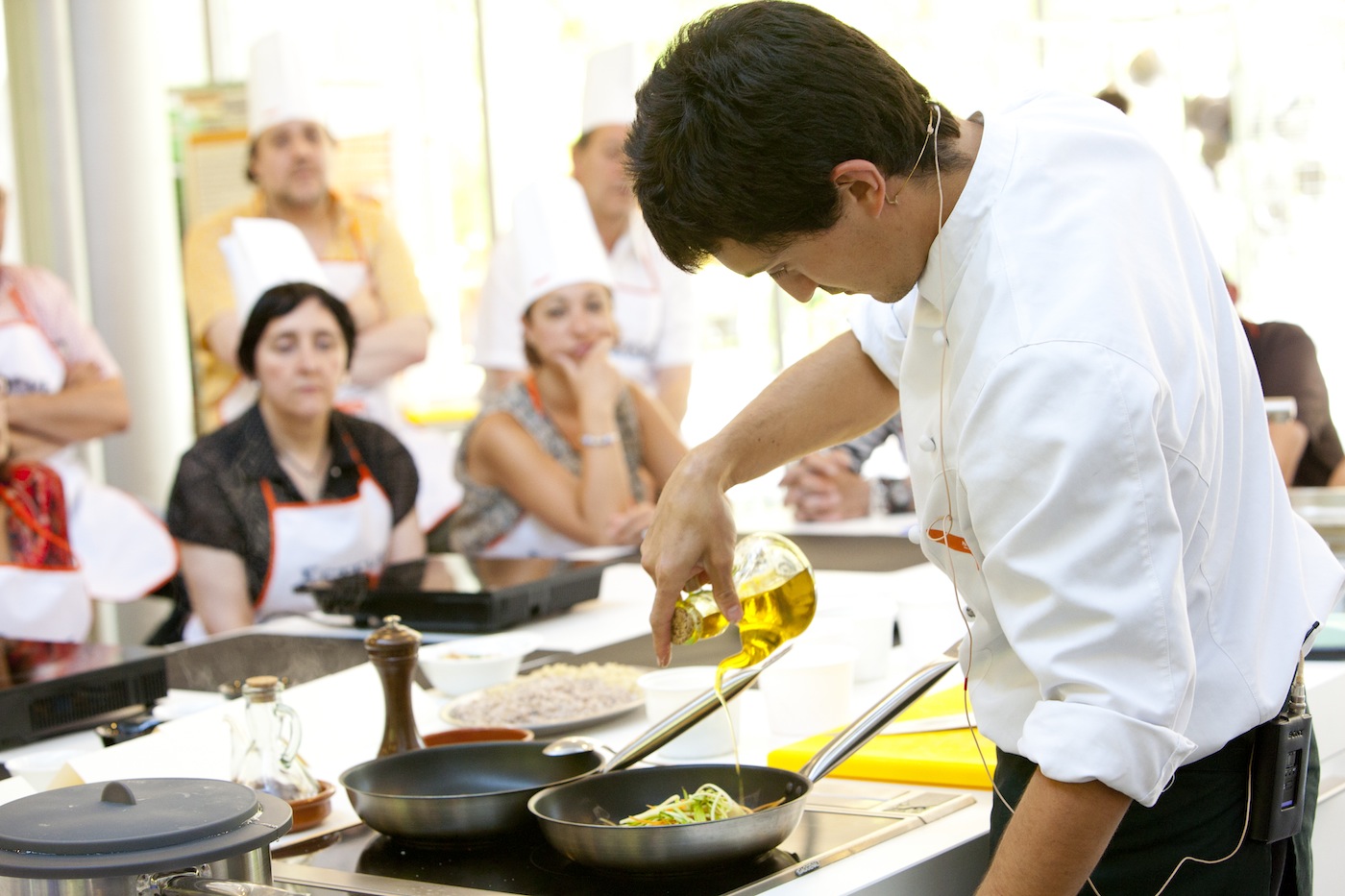
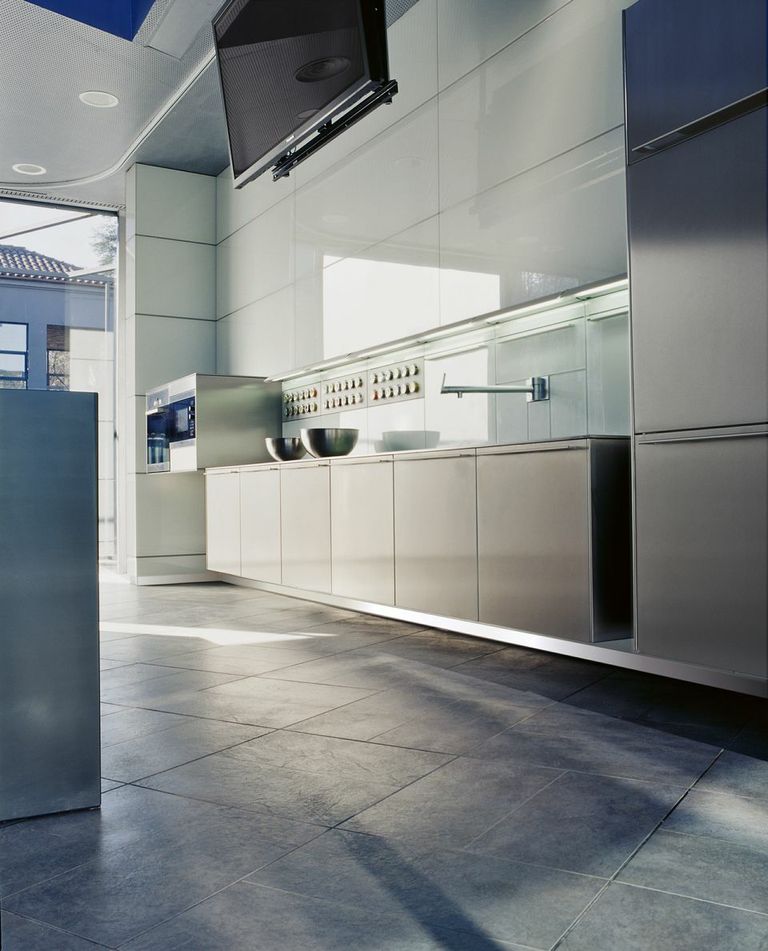
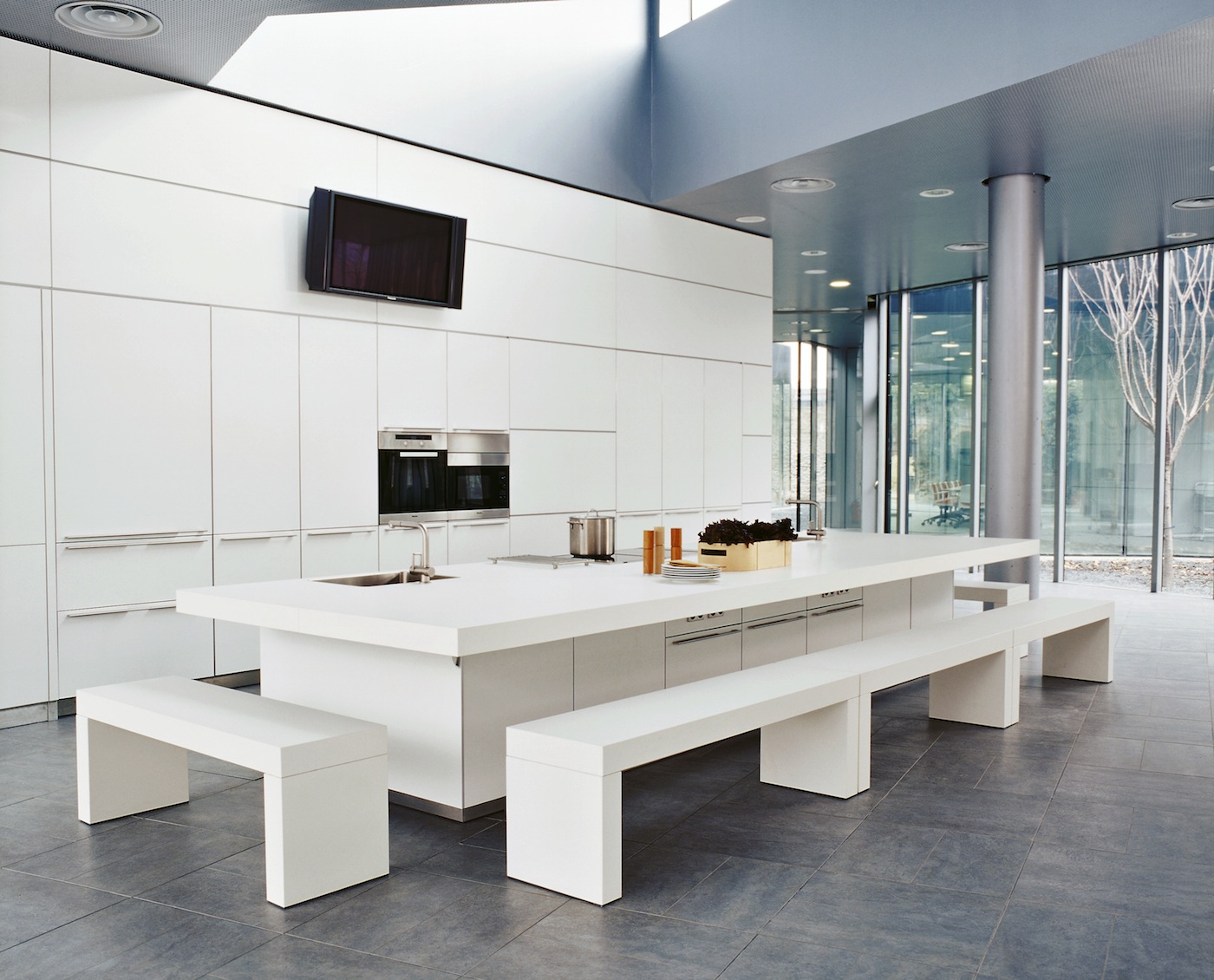
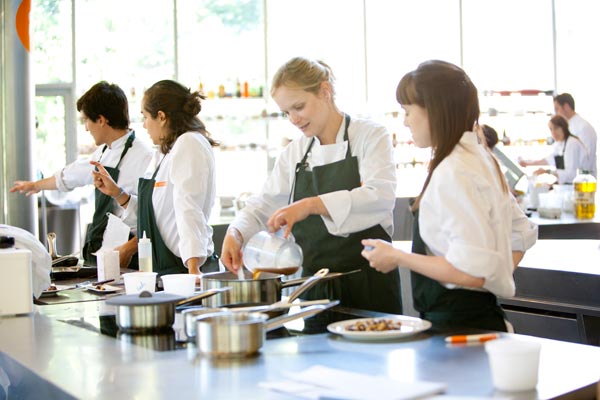
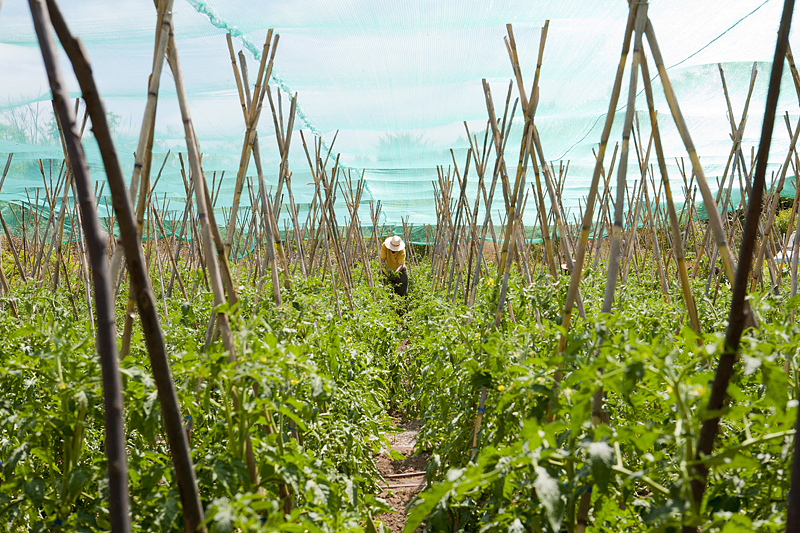
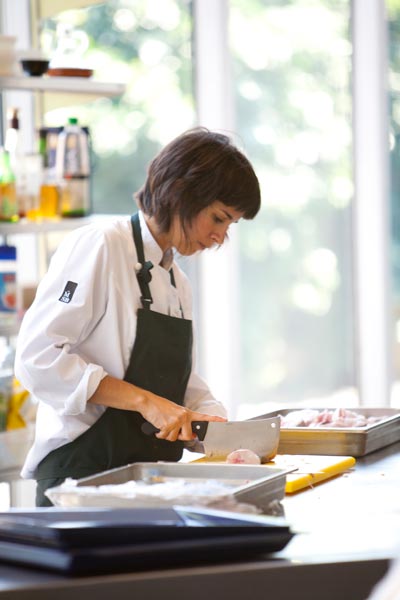
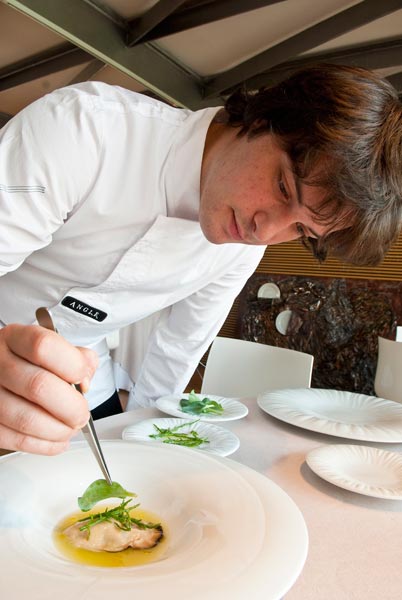
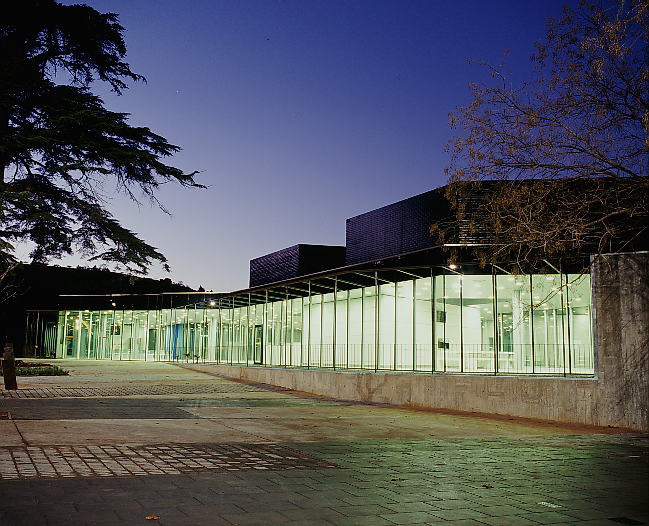
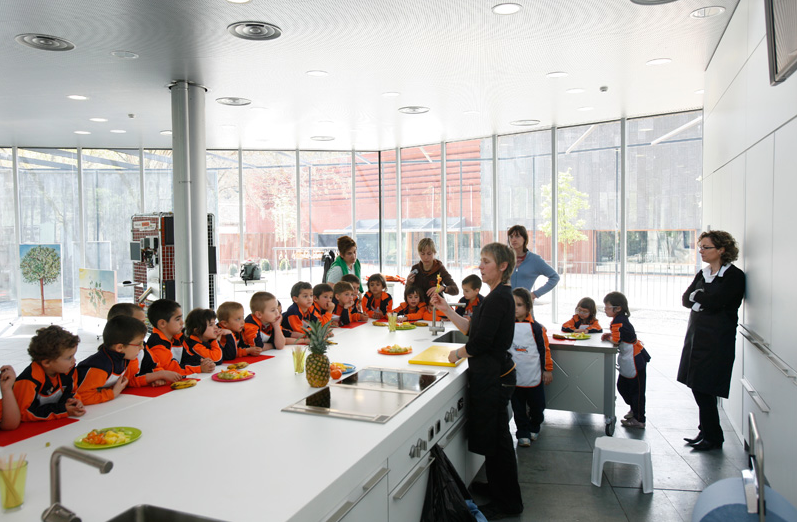
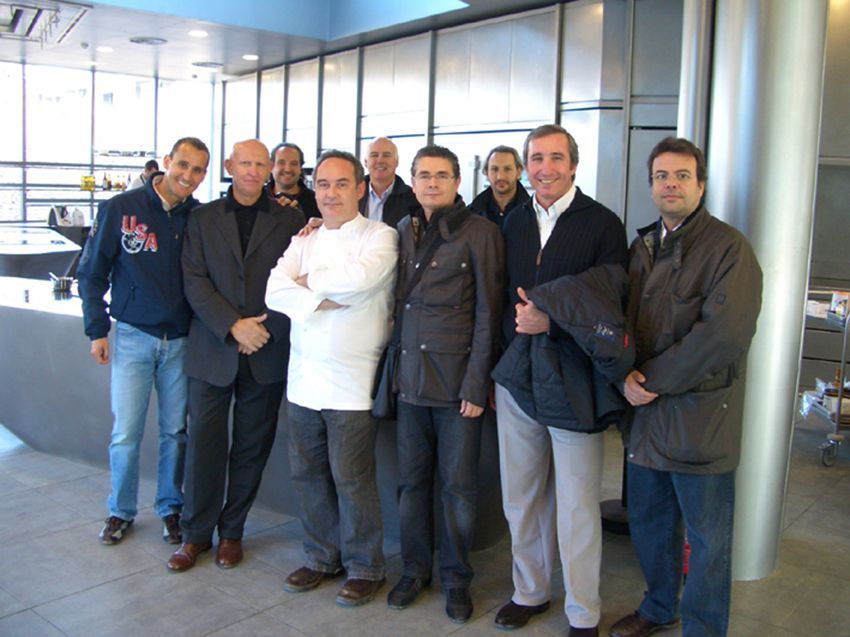
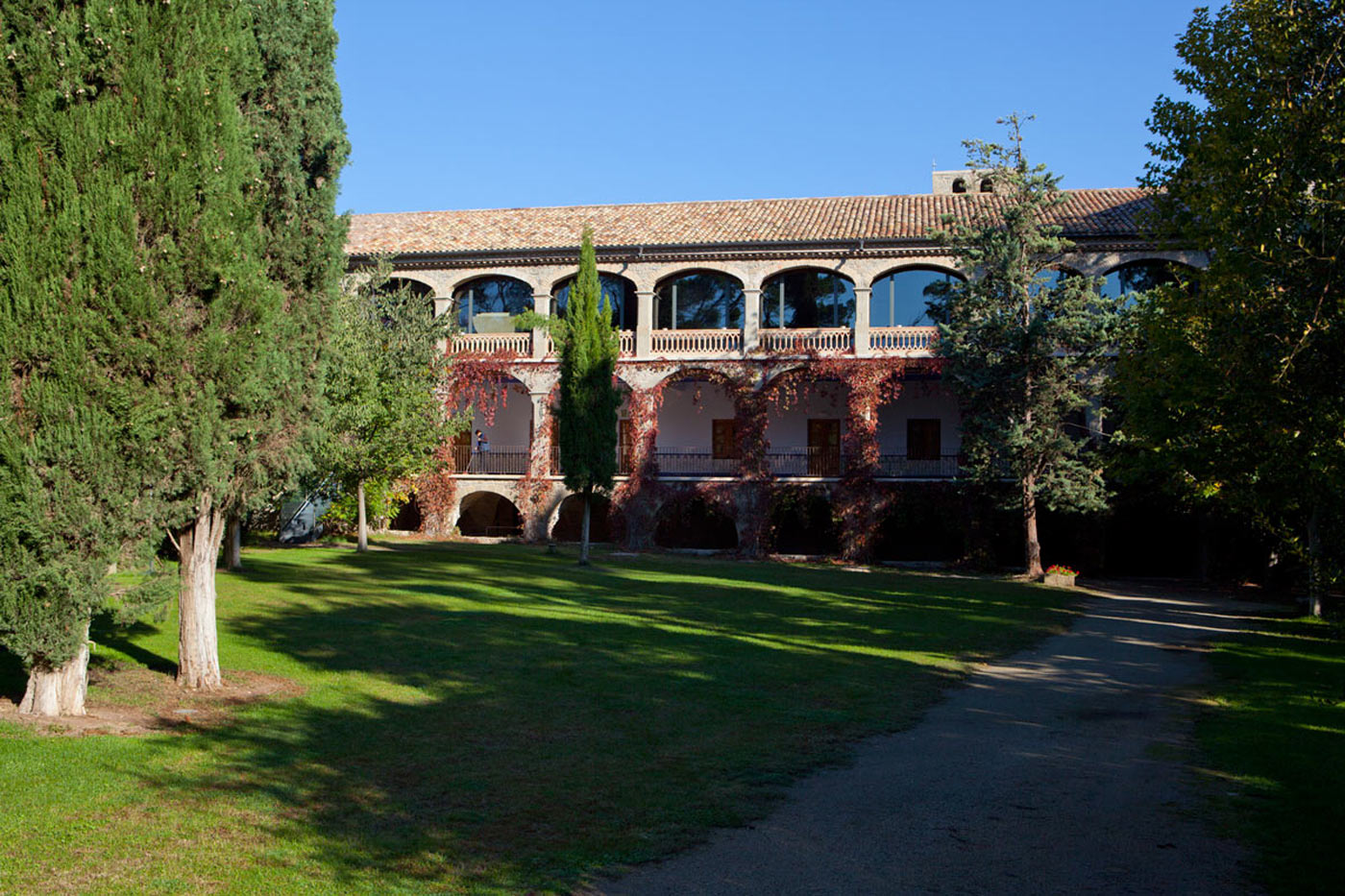
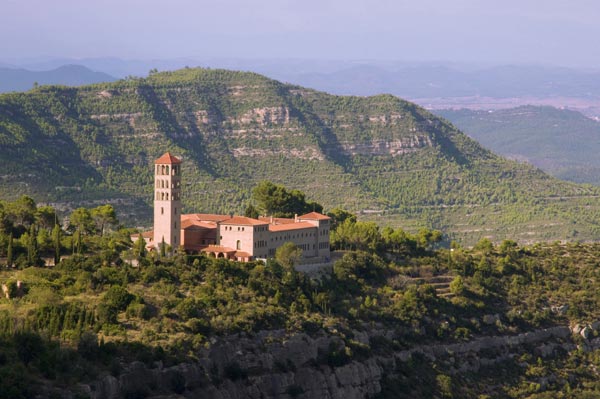
The Monastery of Món Sant Benet is an exceptional venue in central Catalonia. A renovated thousand-year-old monastery, a hotel with all modern conveniences and services in a unique setting, and the Alicia Foundation, a culinary research center with a social mission, all converge to make this complex a place you will not want to miss. After a comprehensive restoration, the Monastery of Sant Benet opened in 2007. Located in Sant Fruitós del Bages, 45 minutes from Barcelona, it is an outstanding example of how tradition and innovation can come together.
The restoration of Món Sant Benet is part of an international initiative launched by the Alicia Foundation (based on the words Alimentación and Ciencia, Food and Science), created by chef Ferran Adrià, who chose bulthaup as the flagship brand for his project.
Together, Món Sant Benet and the Alicia Foundation make up a unique project in which history, science, culinary arts, and nature come together in harmony, just as the age-old stones merge with state-of-the-art technology and materials partly contributed by bulthaup.
Celebrations around a bulthaup kitchen
On April 27 and 28, the Alicia Foundation celebrated its tenth anniversary; during the past five years, it has been based in Món Sant Benet. The organizers decided to pull out all the stops and threw a grand party, open to the public, where everybody was invited to share and discover around bulthaup kitchens in the Foundation’s workshops. The installation passed the test with flying colors. Over the past five years, 150,000 adults and over 50,000 children and teenagers have visited the workshops, attending a variety of activities and programs. The venue has hosted seminars for over 5,000 professionals, including cooks, nutritionists, scientists, gastronomes, and enologists. The Foundation has also worked jointly with 250 companies and taken in close to 200 interns from all over the world. “Just as monasteries were once places that encouraged learning, we now encourage learning about food,” says Toni Massanés, Director of the Alicia Foundation. “It was a bold, imaginative project that dated back to when we restored the monastery. Science is increasingly active in our field. Day after day, scientific articles are published proving that if you know how to cook, even just a bit, in your everyday life, ultimately what you achieve is to make people’s lives easier. You help them eat better throughout their childhood, in their old age, and at moments in life when they need a special diet or treatment,” he adds.
Today, Alicia has become a landmark in culinary research, raising social awareness of the importance of good eating habits. Ideas are generated with multidisciplinary groups and sensory experiments are held, combining tradition and innovation. All these efforts are also linked to a commitment to local traditions. “We recover traditional varieties, research the historical legacy of our cuisine, and, in doing so, boost local agriculture. That’s the idea: to promote and research in conjunction with many companies, while also helping them to gain added value and become socially responsible,” explains Toni Massanés. “We use science as a tool to provide factual information about the need to eat better,” he continues. “Hence the importance of scientists from different disciplines and different parts of the world visiting our center.” The project is complemented by the Sant Benet organic farm, which opened in June 2009. Its fields are the same ones where the monks grew their fruits and vegetables over a thousand years ago. Now it’s a showcase for promoting local agriculture and an outdoor learning space for visitors.
bulthaup at Alicia
For the cooking workshop area, the Alicia team chose bulthaup b3, which stands out for its outstanding solidity, lightness, functionality, and timelessness. The quality of the materials was particularly important in this choice, as well as the safety, easy maintenance, and durability of the surfaces. The spacious, light, easy-to-clean countertops convey a sense of order and provide an exceptional setting for a learning experience, acting as a small laboratory of sorts. “Cooking is a basic tool. Day after day, many people come through this place, attending workshops to learn about healthy, sustainable eating habits. There’s always a kitchen in the background; it’s an essential tool,” explains the director of the Alicia Foundation.
As part of the Foundation’s social concerns, the Alicia team has come up with a broad range of activities aimed at education professionals who will eventually be able to pass their knowledge and experiences on to others. They are also aimed at families who will learn and enjoy themselves in the culinary workshops and later put what they have learned into practice. The goal is to stimulate children’s knowledge with hands-on experiences that enable them to enjoy their discoveries. “What we are fully aware of–claims Toni Massanés–is that we have reached a point where if we only focus on the scientific side of food production we’re missing something. The notion of taking a multidisciplinary approach, connecting the knowledge of our ancestors with current scientific research, is what will lead us to develop better eating habits. But you can’t really do it with just one or the other.” The idea is to “recover basic habits, the idea of seasonal produce, sitting down together to share a meal, having schoolchildren know when you plant a lettuce and when it grows, and how you sow a vegetable garden. From where I am right now,” adds Toni Massanés, ” I see two cherry trees in bloom in the foreground, and a little bit further over, the cooking workshop, where some kids are experimenting with fruit on the bulthaup countertop. We ‘demedicalize’ our approach to food. Above and beyond nutrients and their composition, we tell kids that we should eat fruit because it tastes good, it smells good, it comes in pretty colors, and because right now it’s in season.”
We thank Carme Masià and the Alicia Foundation for authorizing us to publish the photographs posted in the gallery.















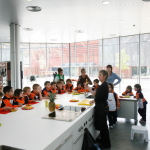

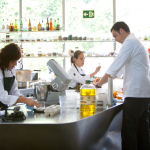
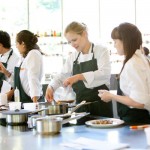
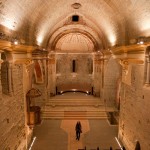


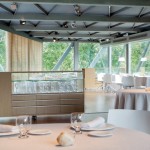



This entry has 0 Comments